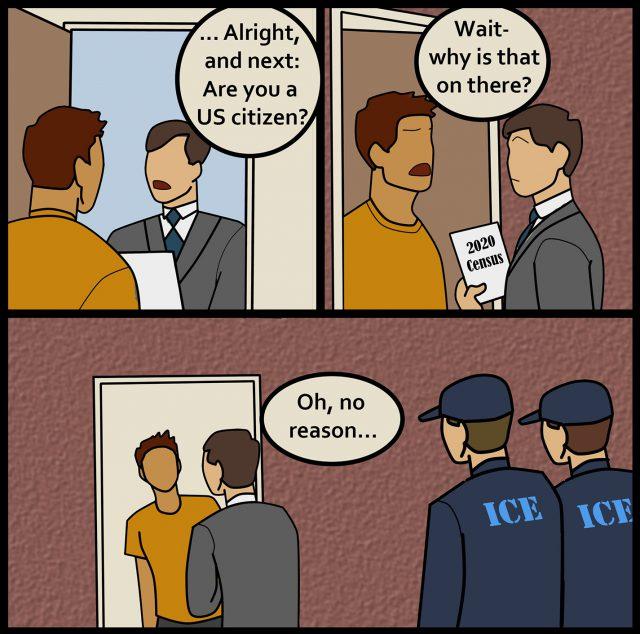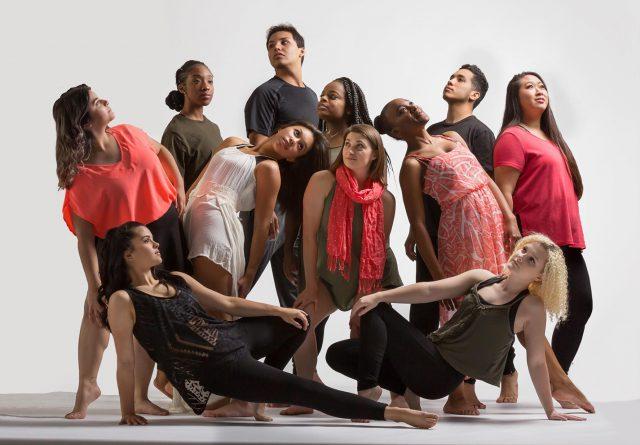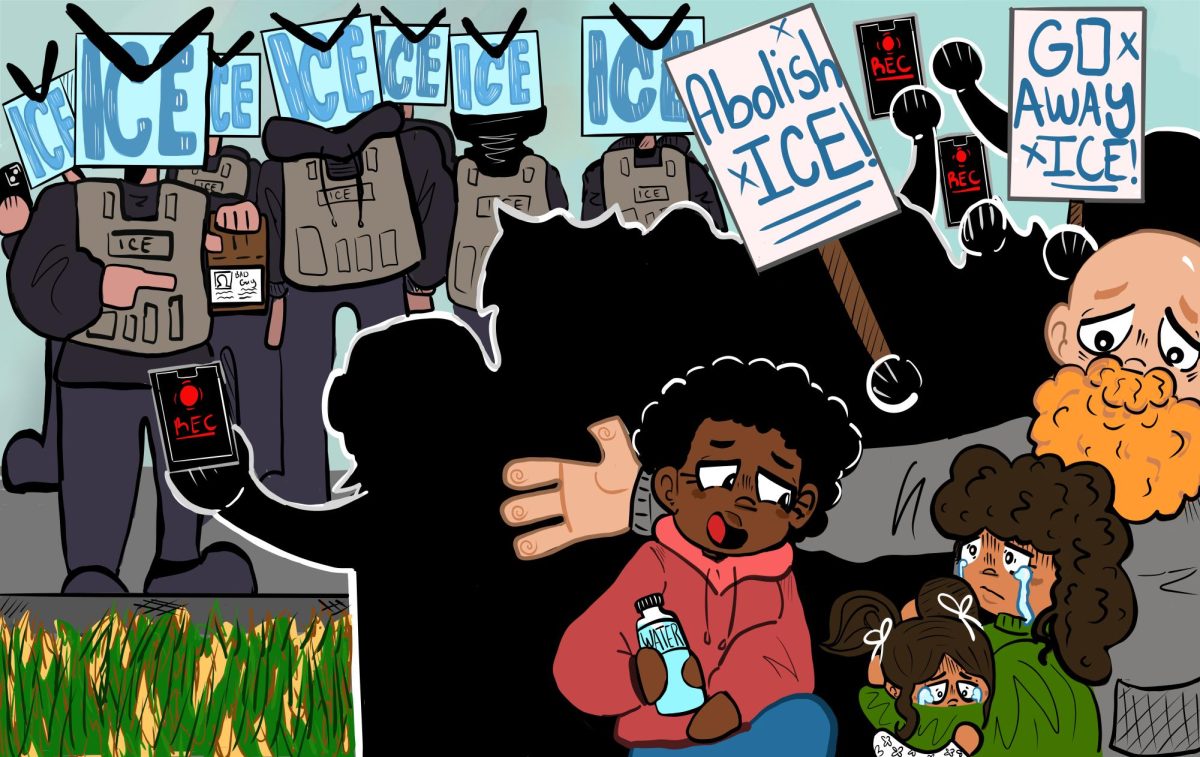The Trump administration is weaponizing and politicizing the U.S. Census by erasing the LGBTQ community and targeting immigrants.
The U.S. conducts a population census every 10 years, as required by the Constitution. The census helps determine the number of seats each state has in the U.S. House of Representatives and how and where to distribute federal funds.
In short, the data collected by the census is important, which is why so many people are upset about questions that were added to and some that were left off the 2020 census.
For the first time, the Census Bureau will acknowledge the LGBTQ community by asking U.S. couples living together to define their relationships as same- or opposite-sex married or unmarried partnerships. Given that LGBTQ activists have pushed for questions on the census since at least 2009, this may seem like a victory at first glance, but it’s not.
This is because, though the question acknowledges same-sex relationships for the first time, it still erases a vast amount of the queer community. This question will not take into account single LGBTQ people, transgender individuals or bisexual and pansexual individuals in opposite-sex relationships.
Given the current administration’s many attempts to erase and exclude LGBTQ people, like with the transgender military ban, it’s likely that’s what’s happening here.
In the face of this reluctance to ask questions about sexual orientation and gender identity, some argue that it’s unclear what difference it would make whether recipients of government programs are LGBTQ and that straight and cisgender individuals aren’t identified either.
But it does matter and when straight and cis are society’s default assumptions, they’re counted though it may not be obvious.
Straight and cisgender individuals also aren’t as much at-risk as LGBTQ people.
Given how much more likely LGBTQ people are to need federal assistance because of how at-risk they are for things like homelessness, poverty, mental health issues, violence, etc., how could their inclusion in the census not matter? If the government doesn’t know how many LGBTQ people live in a community, how can it ensure they’re getting fair and adequate access to rights, protections and services they need?
What’s further troubling is in the same attempt to erase one community, the census targets another by including a question about citizenship status for the first time since 1950.
The Constitution requires a census count of “persons,” not “citizens.” The question was dropped 68 years ago for this reason.
Plus, if it doesn’t make a difference whether a person is LGBTQ, it really shouldn’t matter whether they’re citizens, especially since nearly all federal need-based programs forbid noncitizens from participating anyway.
To get around that, noncitizens might have lied and would do so again on the census anyway, if they fill one out, which many choose not to do out of fear of deportation already.
The addition of this question will only make people even more reluctant to participate in the census, which will lead to undercounting populations and result in serious errors in allocating resources for communities. While some error in census data is inevitable, with $675 billion in federal funding at stake with the 2020 census, more error shouldn’t be something the bureau is willing to risk.
If the 2020 census proceeds without any changes, the most vulnerable U.S. populations will suffer greatly, and the rest of the country will inevitably suffer too.






























